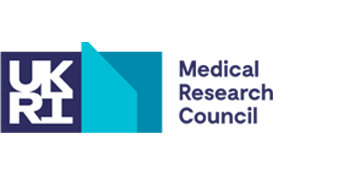Background
What is the purpose of this study?
This study would characterise the immune response to Pneumococcal vaccination in older people to inform a clinical trial assessing whether granulocyte-macrophage colony-stimulating factor (GM-CSF) can augment vaccine efficacy.
The Medical Research Council (MRC) funds this study.
Why do we need an effective vaccine in older people?
Lung infections remain a major cause of illness and death across the world.
The impact of lung infections is significantly greater in people aged over 60.
In this age group, infections with germs like bacteria and viruses are more likely to lead to death. Viral infections include those from influenza, COVID and respiratory syncytial virus (RSV). The main cause of bacterial community-acquired pneumonia (CAP) is a germ called Streptocococcus pneumoniae. Vaccines are available against influenza, COVID, RSV and S. pneumoniae, and are routinely offered to older people in the NHS. However, vaccines are not as effective in older people.
This may partly explain why unacceptably high numbers of older people who have been vaccinated still die from respiratory infections each year.
It would, therefore, be desirable to find ways to boost the effectiveness of vaccines in older people.
What would we do at our lab?
With the samples (blood and BAL) we get from volunteers, we aim:
- To quantify antibody responses to Pneumovax 23 in the serum and BALF of people aged >60.
- To quantify opsonophagocytic activity induced by Pneumovax 23 in the serum and BALF of people aged >60.
- To quantify ELISpot responses to Pneumococcal serotype 1 polysaccharide in the presence and absence of ex vivo rhGM-CSF.
- To quantify AM responses to Pneumovax 23 in the presence and absence of ex vivo rhGM-CSF.
- To use data from the objectives above to inform the outcome measures and design of an RCT comparing the efficacy and safety of Pneumovax 23 plus Sargramostim with Pneumovax 23 plus placebo in people aged >60.




